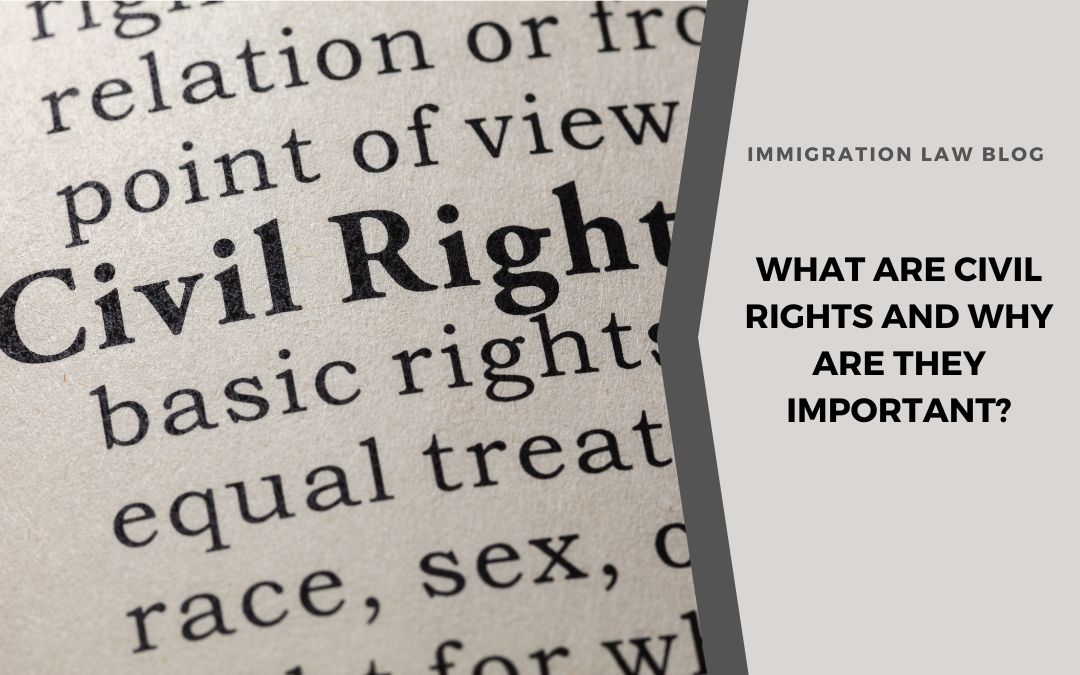United States Civil Rights refer to the basic rights and protections that all individuals are entitled to by virtue of being human. Civil rights are crucial for fostering equal treatment, protecting against discrimination, and upholding the principles of justice and democracy within the United States.
How Are U.S. Civil Rights Protected Under the Law?
In 1957 the Department of Justice formed the Civil Rights Division through the enactment of the Civil Rights Act of 1957, to uphold the civil and constitutional rights of all persons in the United States. The Division enforces federal statutes prohibiting discrimination on the basis of race, color, sex (including pregnancy, sexual orientation, and gender identity), disability, religion, familial status, national origin, and citizenship status.
U.S. Civil Rights are protected through various legal measures, including:
The U.S. Constitution: The Constitution guarantees certain civil rights, such as freedom of speech, religion, and equal protection under the law. Amendments, such as the Fourteenth Amendment, further protect civil rights against discrimination by state and local governments.
Federal Laws: Statutes such as the Civil Rights Act of 1964, the Voting Rights Act of 1965, and the Americans with Disabilities Act (ADA) provide additional protections against discrimination in various aspects of life, including employment, housing, education, and public accommodations.
These rights are considered essential for promoting equality, justice, and fairness within the American society.
Browse more Immigration law articles.

